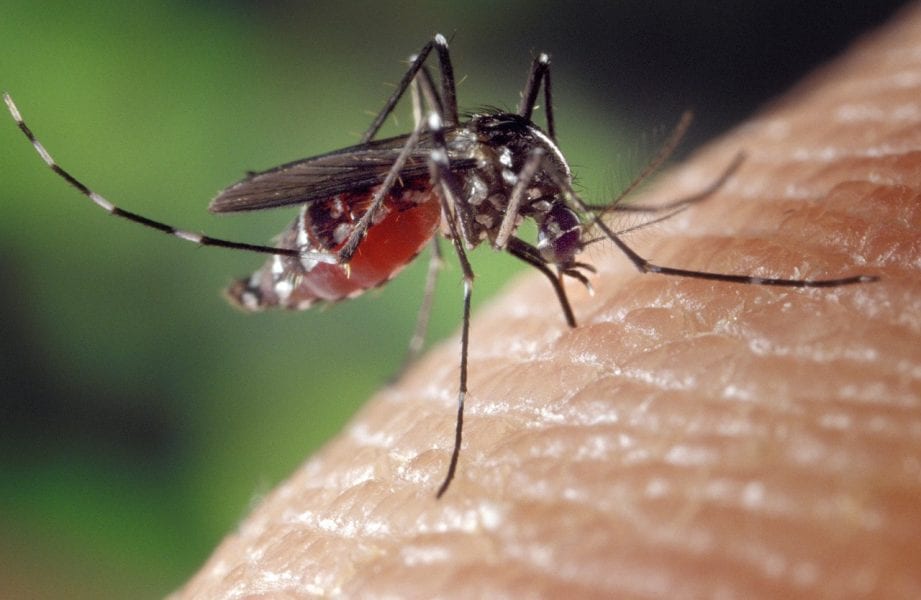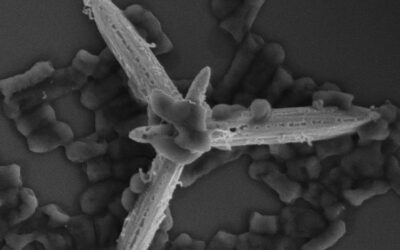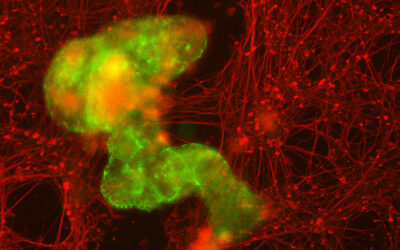 Zika virus is an emerging mosquito-borne infectious disease linked to recent outbreaks of birth defects. In particular, antenatal Zika infection has been associated with infant microcephaly, which is characterized by decreased head size and intellectual disability. Microcephaly is caused by loss of neurons in the developing brain, especially in the region responsible for thinking and language, the cerebral cortex. Recent outbreaks of Zika-linked microcephaly have been documented in regions where the Zika-carrying Aedes aegypti mosquito is endemic, including Brazil and surrounding areas. Increases in cases of neurodevelopmental disorders such as microcephaly are taxing for healthcare systems, especially in countries with limited availability of healthcare. Emerging evidence of sexual transmission of the Zika virus intensifies this significant public health threat. Understanding how Zika virus infection progresses and disrupts brain development is critical for the development of effective treatment and prevention strategies.
Zika virus is an emerging mosquito-borne infectious disease linked to recent outbreaks of birth defects. In particular, antenatal Zika infection has been associated with infant microcephaly, which is characterized by decreased head size and intellectual disability. Microcephaly is caused by loss of neurons in the developing brain, especially in the region responsible for thinking and language, the cerebral cortex. Recent outbreaks of Zika-linked microcephaly have been documented in regions where the Zika-carrying Aedes aegypti mosquito is endemic, including Brazil and surrounding areas. Increases in cases of neurodevelopmental disorders such as microcephaly are taxing for healthcare systems, especially in countries with limited availability of healthcare. Emerging evidence of sexual transmission of the Zika virus intensifies this significant public health threat. Understanding how Zika virus infection progresses and disrupts brain development is critical for the development of effective treatment and prevention strategies.
In a recent review published in WIREs Developmental Biology, researchers from Reed College summarize potential mechanisms by which Zika virus causes microcephaly, focusing on strategies the virus employs to invade specific cell types in the developing brain. The authors discuss how Zika-induced changes in cell proliferation and differentiation promote microcephaly and suggest that identification and characterization of the genetic pathways disrupted by Zika may yield new targets for treatment and/or prevention of virally-induced microcephaly. In addition, the article raises awareness that maternal transmission of other viruses, including cytomegalovirus and herpes can also cause microcephaly. The authors highlight some of the various methods by which Zika infection and microcephaly is being studied, focusing on the importance of both animal and three-dimensional organoid models. Finally, the article emphasizes the importance of basic research, calling attention to the rapid pace at which Zika therapies (vaccines and drugs) are being developed thanks in large part to a concerted, international effort to understand the basic biology of Zika virus infection.
Text contributed by Kara L. Cerveny, Ph.D.

















